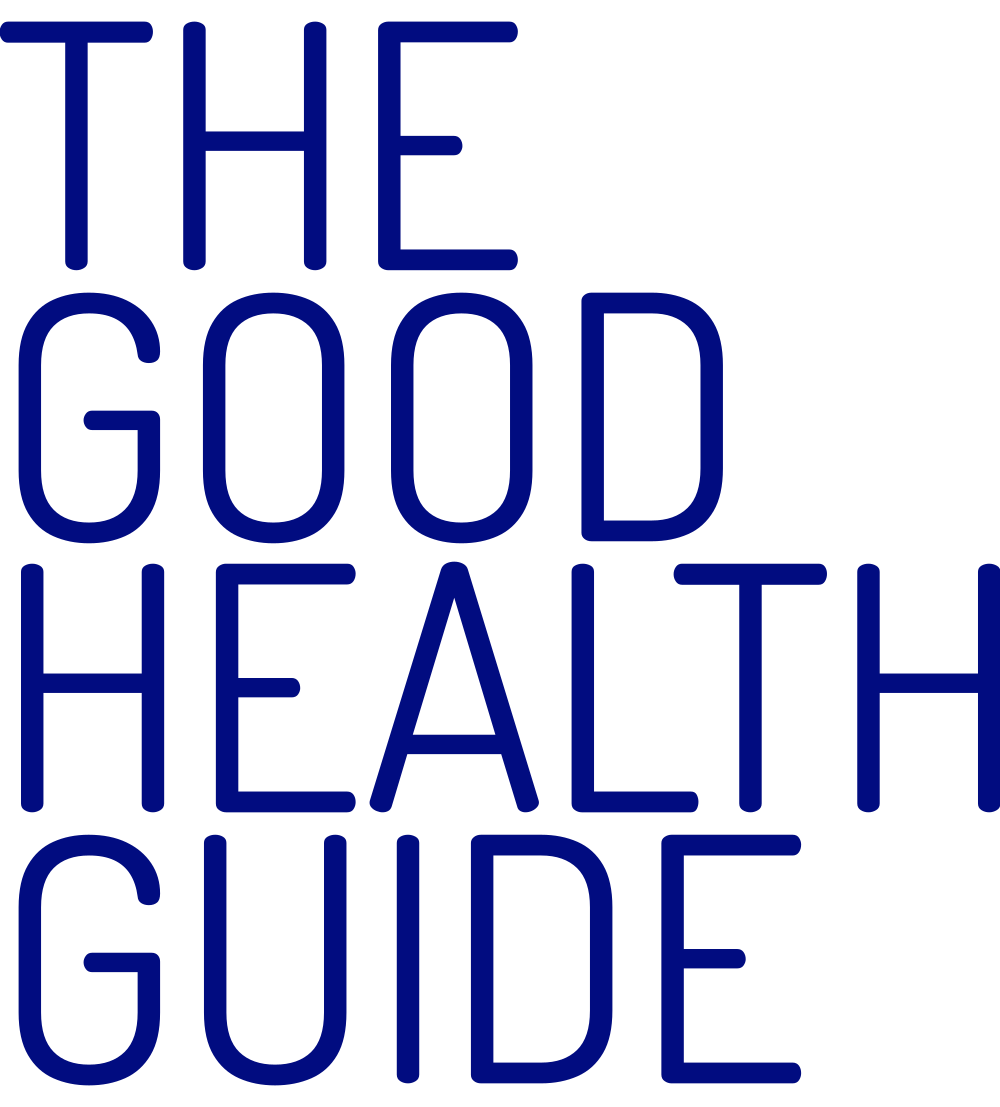Mental health is a crucial aspect of our overall well-being, yet it often gets overlooked in the hustle and bustle of our daily lives. Just like physical health, mental health requires care and attention to thrive. Fortunately, there are many simple and effective ways to enhance your mental well-being. In this article, we will explore some straightforward strategies that can help you improve your mental health.
Practice Mindfulness
Mindfulness is the practice of being fully present in the moment without judgment. It involves paying attention to your thoughts, feelings, and sensations without trying to change them. Mindfulness can help reduce stress, anxiety, and depression, while also enhancing your overall sense of well-being. You can start by dedicating a few minutes each day to mindful breathing or meditation.
Prioritize Sleep
A good night’s sleep is essential for mental health. Lack of sleep can lead to increased stress, irritability, and difficulties in concentration. Aim for 7-9 hours of quality sleep each night by maintaining a regular sleep schedule and creating a relaxing bedtime routine. Avoiding caffeine and screens before bedtime can also contribute to better sleep.
Stay Active
Exercise has numerous benefits for mental health. Physical activity releases endorphins, which are natural mood lifters. Regular exercise can reduce symptoms of anxiety and depression, improve self-esteem, and boost overall cognitive function. You don’t need to engage in intense workouts; even a daily walk can make a significant difference.
Connect with Others
Social connections are vital for mental health. Spending time with friends and family can provide emotional support and reduce feelings of loneliness and isolation. Make an effort to nurture your relationships and seek out new connections through social activities or hobbies that interest you.
Limit Stress
While stress is a natural part of life, excessive stress can take a toll on your mental health. Identify the sources of stress in your life and find healthy ways to manage them. Techniques such as deep breathing, yoga, and time management can help you keep stress at bay.
Set Realistic Goals
Setting achievable goals can give you a sense of purpose and accomplishment. Break larger tasks into smaller, manageable steps, and celebrate your progress along the way. This approach can help prevent feelings of overwhelm and boost your self-esteem.
Practice Gratitude
Cultivating gratitude can improve your mental outlook. Take a moment each day to reflect on the things you are thankful for. This practice can shift your focus from negativity to positivity, leading to improved mental well-being.
Seek Professional Help
If you’re struggling with persistent mental health issues, don’t hesitate to seek professional help. Mental health professionals, such as therapists, psychologists, and psychiatrists, can provide valuable guidance, support, and treatment options tailored to your specific needs.
Engage in Relaxation Techniques
Relaxation techniques like deep breathing, progressive muscle relaxation, and guided imagery can help calm your mind and reduce stress. Incorporate these practices into your daily routine, especially during moments of tension or anxiety.
Take Time for Yourself
Self-care is essential for mental health. Dedicate time to activities you enjoy, whether it’s reading, gardening, or simply taking a long bath. These moments of self-indulgence can help recharge your mental and emotional batteries.
Conclusion
Improving your mental health doesn’t have to be complicated or time-consuming. By incorporating these simple strategies into your daily life, you can boost your overall well-being and build resilience to life’s challenges. Remember that mental health is an ongoing process, and it’s perfectly okay to seek help when needed. Prioritizing your mental health is an investment in yourself and a path to a happier and more fulfilling life.
FAQ – Simple Ways to Improve Your Mental Health
What is mental health, and why is it important?
Mental health refers to your emotional, psychological, and social well-being. It is just as important as physical health because it affects how you think, feel, and behave in daily life. Good mental health contributes to overall happiness and the ability to cope with challenges.
How can I practice mindfulness?
Practicing mindfulness involves being present in the moment without judgment. You can start by dedicating a few minutes each day to mindful breathing or meditation. There are also various apps and guided resources available to help you get started.
What can I do to improve my sleep quality?
To improve sleep quality, maintain a consistent sleep schedule, create a relaxing bedtime routine, avoid caffeine and screens before bedtime, and ensure your sleeping environment is comfortable and conducive to rest.
Do I need to engage in intense workouts to benefit from exercise?
No, you don’t need intense workouts to benefit from exercise. Even light to moderate physical activity, such as walking, swimming, or yoga, can have positive effects on your mental health.
How can I reduce stress in my life?
Reducing stress involves identifying stressors and finding healthy ways to manage them. Techniques like deep breathing, yoga, and time management can help you manage stress effectively.
Why is social connection important for mental health?
Social connections provide emotional support, reduce feelings of loneliness, and contribute to a sense of belonging. Positive relationships with friends and family can improve your mental well-being.
What if I have trouble setting and achieving goals?
If you have trouble setting and achieving goals, consider breaking them into smaller, manageable steps. Seek support from friends, family, or a therapist to help you stay on track and celebrate your progress.
How does practicing gratitude benefit mental health?
Practicing gratitude shifts your focus from negativity to positivity. It can boost your mood, increase feelings of contentment, and improve your overall mental outlook.
When should I seek professional help for my mental health?
It’s essential to seek professional help if you’re experiencing persistent mental health issues, such as severe anxiety, depression, or thoughts of self-harm. Mental health professionals can provide expert guidance and treatment options.
What relaxation techniques can I use to calm my mind?
Effective relaxation techniques include deep breathing exercises, progressive muscle relaxation, and guided imagery. Incorporate these practices into your daily routine or during stressful moments to calm your mind and reduce anxiety.
How can I balance self-care with other responsibilities?
Balancing self-care with other responsibilities requires setting boundaries and prioritizing your well-being. Remember that self-care is an essential part of maintaining good mental health and overall happiness.
Is improving mental health an ongoing process?
Yes, improving mental health is an ongoing process. Just like physical health, it requires continuous effort and attention. Be patient with yourself and take small steps toward better mental well-being each day.

